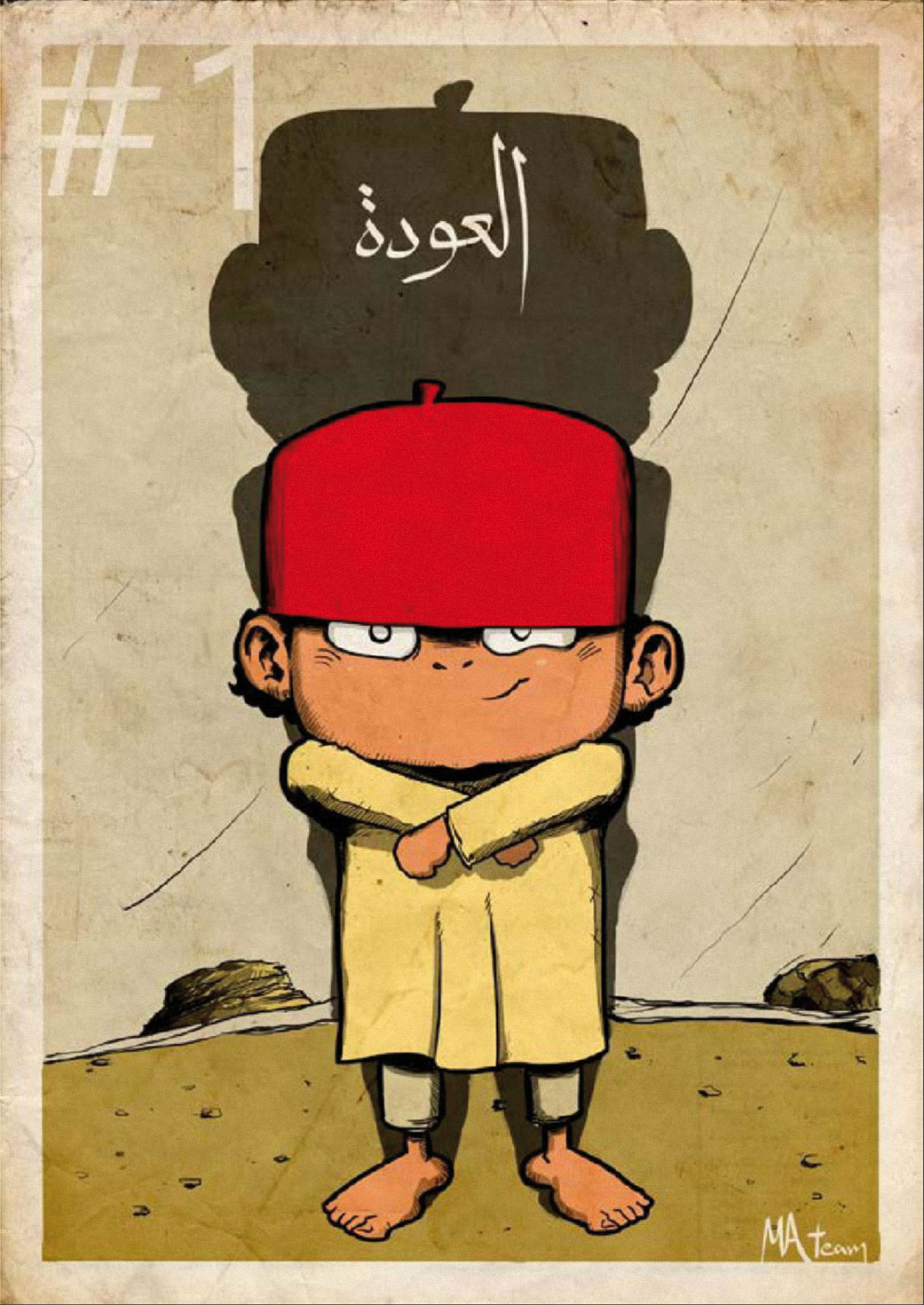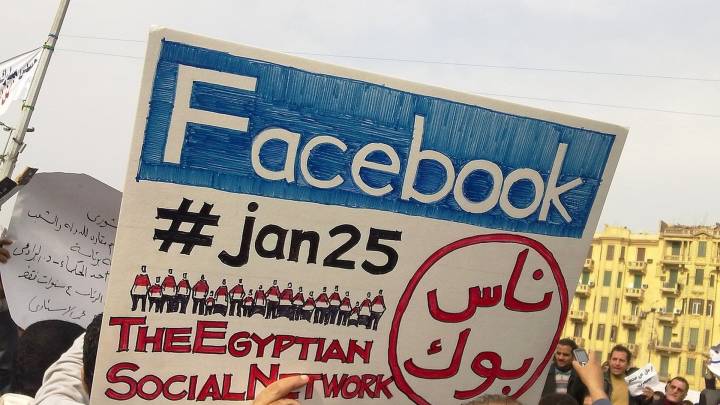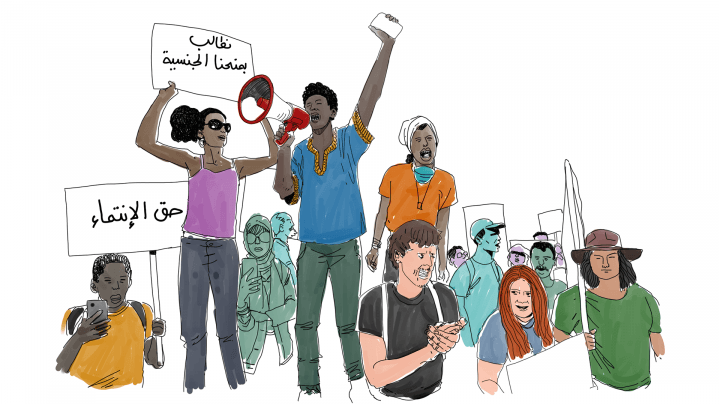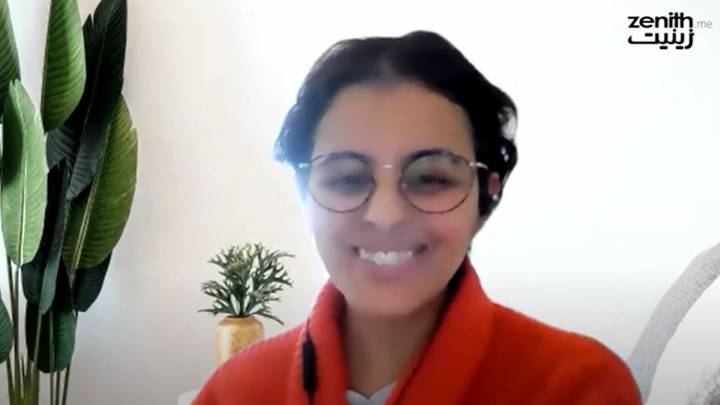What the manga scene in Libya lacks for in size, it makes up for in passion. Nureddin al-Houni scouted for talented people who wanted to take matters into their own hands. The result: their own magazine.
Nureddin al-Houni and his friends are the biggest manga fans in Libya. Being such faithful devotees of the Japanese animation genre, they cannot make do with only consuming their favourite series and comics. They also want to infect the rest of the country with their uncommon passion.
It began with a Facebook page. Its aim was to introduce Libyans to manga and anime. In a second step, Nureddin and his comrades in arms, Mansur, Abdullah and Ahmed, founded a fan club, followed in spring 2015 by Habka (‘storytelling’), a magazine that is dedicated entirely to manga comics. Today, fifteen writers and illustrators are involved in the project, including both men and women.
“Back then our Facebook team uploaded a template that candidates could use to apply. We pre-selected the 30 best applicants, and ultimately, 15 were chosen: seven writers and eight illustrators,” says Nureddin about the early days of the magazine.
Following the online contest, these pioneers of manga organised a series of workshops. The first one took place in Soussa in eastern Libya and dealt with illustration and writing. The founders of Habka later organized another workshop in Benghazi. Since then, Malek Haddad and Hiba Al-Scheichi have also joined the team.
Malek Haddad, a medical student, makes sure that his demanding studies do not keep him from his hobby. It’s no wonder that Malek initially struggled to divide his time between studying and working on the magazine. The 20-year-old Hiba Al-Scheichi, on the other hand, was never a fan of manga or cartoons. By virtue of her talent, however, she is now Abdullah Hadija's assistant, responsible for the outfits of the comic characters.
Every new issue brings with it new difficulties, explains Nureddin. At first, they had to resort to old-fashioned methods, using pen and paper, because the delivery of the drawing equipment had been delayed. Meanwhile the production of the second issue was momentarily impeded by a city-wide blackout, and after the term break, some illustrators had to return to their universities, meaning that issues three and four didn’t get out on time.
The fact that these manga fans can’t make a living out of their passion has taken a toll: after the fifth issue, other issues that had already been produced could not be distributed. The printing costs were simply too high, since the first four issues had been given away for free in an effort to popularise manga in Libya. The manga lovers are now on the lookout for ways to fund their great passion.






